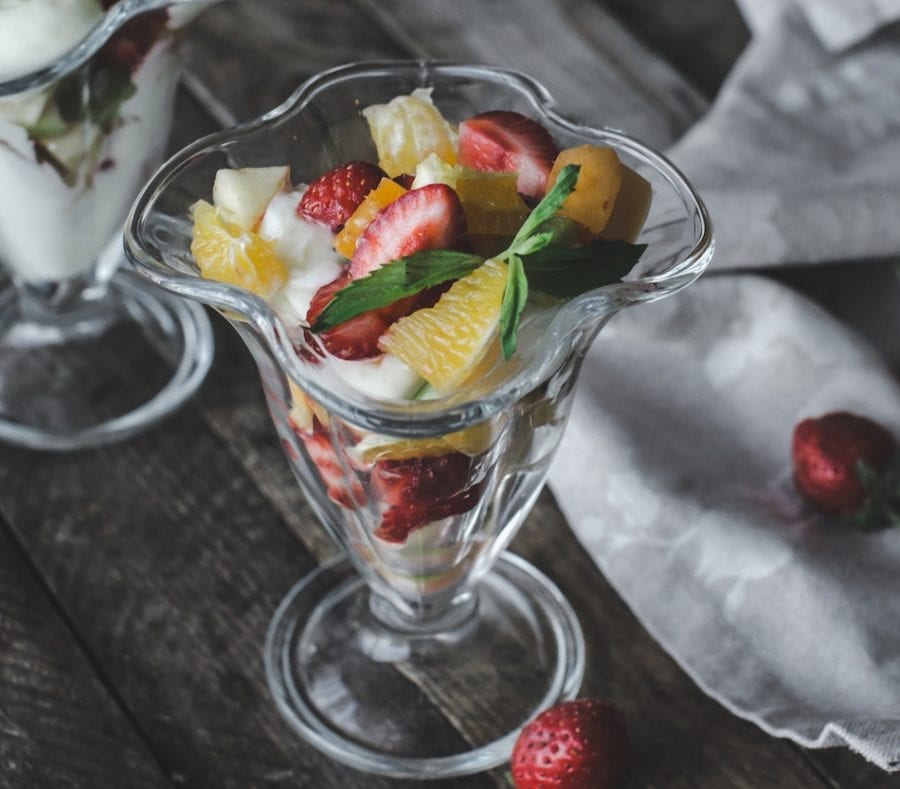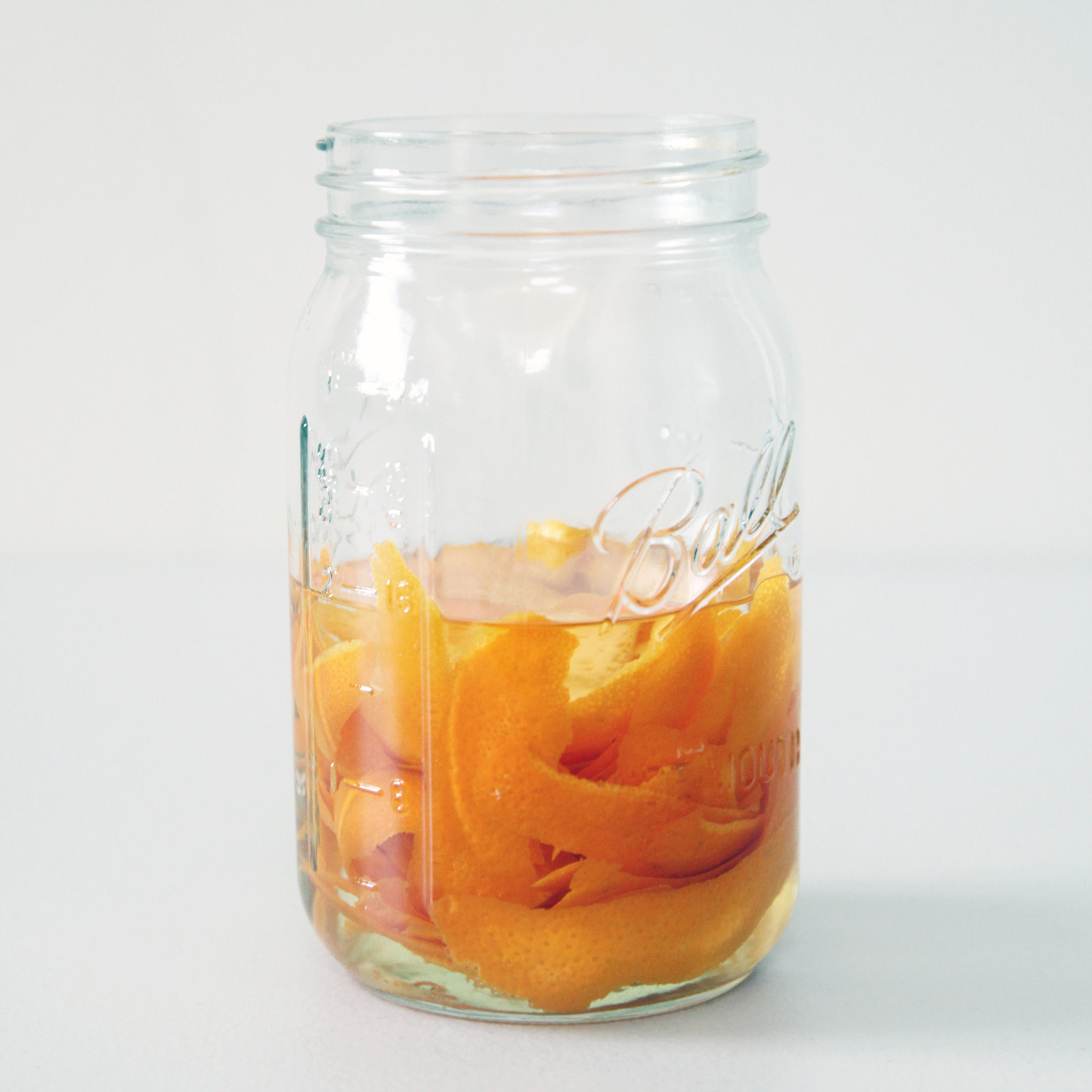Orange liqueur, a captivating spirit infused with the vibrant essence of oranges, has long tantalized palates worldwide. Its versatility and unique flavor profile make it a cherished ingredient in both classic and contemporary cocktails, culinary creations, and delectable desserts.
In this comprehensive guide, we embark on a journey into the world of orange liqueur, exploring its history, ingredients, techniques, and countless applications. Whether you’re a seasoned mixologist or a home enthusiast eager to elevate your culinary repertoire, this article will provide you with all the knowledge and inspiration you need to craft and savor this delightful libation.
Introduction

Orange liqueur is a type of distilled spirit flavored with the essence of oranges. It is typically made with a base of brandy or vodka, and the orange flavor is added through the maceration of orange peels or the addition of orange essential oils.
Orange liqueurs are popular for their versatility and can be enjoyed on their own, used as a cocktail ingredient, or added to desserts. They are often used to add a citrusy flavor to classic cocktails such as the Margarita, Sidecar, and Cosmopolitan.
Popularity and Versatility
Orange liqueurs are popular for their versatility and can be enjoyed in a variety of ways. They can be sipped neat, on the rocks, or mixed with other ingredients to create cocktails and other drinks. Orange liqueurs are also popular for use in cooking and baking, where they can add a citrusy flavor to desserts, sauces, and marinades.
Ingredients and Equipment
Creating orange liqueur requires a combination of carefully selected ingredients and specialized equipment. Understanding the purpose and importance of each component is crucial for achieving a balanced and flavorful liqueur.
Essential Ingredients:
- Fresh Oranges: Provide the primary flavor profile, acidity, and natural sweetness.
- Neutral Spirit (Vodka or Everclear): Acts as the base alcohol, carrying the flavors and ensuring a smooth texture.
- Sugar: Sweetens the liqueur and contributes to its body and viscosity.
- Water: Dilutes the liqueur to achieve the desired alcohol content and balances the flavors.
- Optional: Spices (Cinnamon, Cloves, Nutmeg): Add depth and complexity to the flavor profile.
Necessary Equipment:
- Zester: Removes the orange zest, which contains the essential oils responsible for the liqueur’s aroma and flavor.
- Juicer: Extracts the fresh orange juice, providing the base liquid.
- Mixing Bowl: Combines the ingredients and allows for thorough stirring.
- Cheesecloth or Fine-Mesh Sieve: Filters the liqueur, removing any impurities or sediment.
- Bottles: Stores the finished liqueur, preserving its quality and flavor.
Step-by-Step Recipe
Crafting orange liqueur involves a straightforward process that yields a flavorful and aromatic spirit. Follow these steps to create your own delightful concoction.
Gathering Ingredients
Before embarking on the journey, ensure you have gathered the following ingredients:
- 10 ripe oranges, preferably organic
- 1 cup vodka or high-proof alcohol (80-100 proof)
- 1 cup sugar
- 1 cup water
Equipment
To equip yourself for this culinary endeavor, you will require the following tools:
- Sharp knife or citrus zester
- Large bowl or container
- Measuring cups and spoons
- Cheesecloth or a fine-mesh sieve
- Clean bottles or jars for storage
Instructions
- Zest and Juice the Oranges: Wash the oranges thoroughly and pat them dry. Using a sharp knife or citrus zester, remove the zest from all the oranges, being careful not to include any white pith. Then, cut the oranges in half and juice them to obtain 1 cup of fresh orange juice.
- Combine Ingredients: In a large bowl or container, combine the orange zest, orange juice, vodka, sugar, and water. Stir well to dissolve the sugar.
- Macerate: Cover the container and let the mixture macerate in a cool, dark place for 24-48 hours. This allows the flavors to infuse and develop.
- Strain and Filter: After maceration, strain the mixture through a cheesecloth or fine-mesh sieve into a clean bowl. You can press on the solids to extract as much liquid as possible.
- Bottle and Store: Pour the strained liqueur into clean bottles or jars. Seal them tightly and store them in a cool, dark place for at least 2 weeks before serving. This allows the flavors to fully develop and mellow.
Variations
To customize your orange liqueur, consider these variations:
- Use Different Citrus Fruits: Instead of oranges, you can use other citrus fruits such as lemons, limes, or grapefruits to create different flavor profiles.
- Add Spices: Enhance the flavor by adding spices like cinnamon, nutmeg, or cloves during the maceration process.
- Adjust Sweetness: If you prefer a sweeter liqueur, add more sugar to the mixture. Conversely, for a less sweet liqueur, reduce the amount of sugar.
Techniques and Tips
Mastering the techniques of infusing and extracting flavors is crucial for creating a delectable orange liqueur. Understanding the optimal infusion time, temperature, and methods for extracting the desired flavors will significantly enhance the liqueur’s taste and quality.
Infusing Techniques
* Cold Infusion: Submerge orange peels in a base spirit (e.g., vodka, brandy) at room temperature for an extended period (days to weeks). This method gently extracts flavors, preserving the delicate aromas and nuances of the orange.
Warm Infusion
Heat the base spirit to a specific temperature (typically below boiling) and infuse the orange peels for a shorter duration (hours to days). This method intensifies the extraction process, resulting in a more pronounced flavor profile.
Maceration
Crush or muddle the orange peels to release their essential oils and flavors. Combine them with the base spirit and infuse for a few hours to several days. This technique enhances the liqueur’s depth and richness.
Flavor Extraction Tips
* Use fresh, ripe oranges: The quality of the oranges directly impacts the flavor of the liqueur. Select oranges with vibrant peels, free from blemishes or bruises.
Grate or zest the orange peels
Removing only the outermost layer of the peel (zest) ensures a balanced flavor, avoiding bitterness from the white pith.
Control the infusion time
Over-infusion can lead to an astringent or bitter flavor. Monitor the infusion process and adjust the time accordingly.
Store the liqueur properly
Preserve the liqueur’s quality by storing it in airtight containers at a cool and dark place. This prevents oxidation and deterioration of flavors.
Flavor Profiles and Applications
Orange liqueur is distinguished by its vibrant and complex flavor profile, characterized by a blend of sweet, citrusy, and slightly bitter notes. The dominant flavor is that of ripe oranges, providing a refreshing and invigorating taste. It also exhibits hints of other citrus fruits, such as lemons and grapefruits, adding a zesty and aromatic dimension.
Additionally, there may be subtle notes of herbs, spices, or other botanicals, depending on the specific recipe and brand.
Orange liqueur pairs exceptionally well with a wide range of flavors and ingredients. Its versatility makes it a valuable addition to both sweet and savory dishes. The natural sweetness of orange liqueur complements desserts, baked goods, and fruit salads. It can also be incorporated into savory dishes to add a touch of brightness and acidity, balancing richer flavors and enhancing the overall taste experience.
Cocktails
Orange liqueur is a staple ingredient in many classic and contemporary cocktails. Its citrusy flavor and subtle sweetness make it an ideal modifier, adding complexity and depth to drinks. Some popular cocktails that feature orange liqueur include the Sidecar, Margarita, and Cosmopolitan.
Desserts
Orange liqueur is frequently used in desserts to enhance the flavors of fruits, chocolate, and cream. It can be added to cakes, pies, and tarts to create a vibrant and zesty taste. Orange liqueur is also a common ingredient in mousses, custards, and other creamy desserts, where it adds a touch of citrusy sweetness and richness.
Culinary Dishes
In culinary dishes, orange liqueur can be used as a marinade or glaze for meats, poultry, and seafood. It adds a subtle sweetness and citrusy flavor that complements the natural flavors of the main ingredient. Orange liqueur can also be used to create sauces and dressings, adding a touch of brightness and acidity to salads, vegetables, and other savory dishes.
Variations and Inspirations

The world of orange liqueurs is vast and diverse, with each region contributing its own unique interpretation. From the classic French triple sec to the citrusy Italian limoncello, there are endless possibilities to explore.
Experimentation is key when it comes to creating your own orange liqueur. Try infusing different types of oranges, such as blood oranges or bergamots, to create unique flavor profiles. Add herbs and spices, such as cinnamon, nutmeg, or cardamom, for added complexity.
International Variations
- Curaçao: A Dutch liqueur made from the dried peel of bitter oranges. It comes in a variety of colors, including blue, orange, and green.
- Grand Marnier: A French liqueur made from a blend of cognac and bitter orange peels. It is known for its rich, complex flavor.
- Cointreau: A French triple sec made from a blend of sweet and bitter orange peels. It is known for its clean, citrusy flavor.
- Limoncello: An Italian liqueur made from the zest of lemons. It is typically served chilled as a digestive.
- Mandarine Napoléon: A French liqueur made from a blend of mandarin oranges and cognac. It is known for its sweet, fruity flavor.
Flavor Inspirations
- Citrus: Add grapefruit, lemon, or lime zest to create a more complex citrus flavor.
- Floral: Infuse orange liqueur with lavender, rose petals, or orange blossoms for a floral aroma.
- Spicy: Add cinnamon, nutmeg, or cardamom to create a warm, spicy flavor.
- Herbal: Infuse orange liqueur with mint, basil, or rosemary for a refreshing herbal flavor.
Conclusion
In conclusion, orange liqueur is a versatile and delectable spirit that offers a burst of citrusy flavor to any occasion. Whether you’re sipping it neat, using it in cocktails, or adding it to culinary creations, orange liqueur is sure to impress.
So, explore the world of orange liqueurs and discover the endless possibilities it holds. Experiment with different brands, flavors, and applications to find your perfect match. Cheers to the joy of orange liqueur!
Summary
As we conclude our exploration of orange liqueur, we are left with a profound appreciation for its versatility and enduring appeal. Its vibrant citrus notes and delicate sweetness have the power to transform any creation, adding a touch of sunshine and sophistication to every sip or bite.
We encourage you to experiment with different variations and flavor combinations, allowing your creativity to soar. The world of orange liqueur is a vast and exciting one, filled with endless possibilities for discovery and enjoyment. So raise a glass to this delightful spirit and savor its exquisite flavors in all their glory.
Helpful Answers
What is the difference between orange liqueur and triple sec?
Triple sec is a type of orange liqueur, but it typically has a lower alcohol content and a sweeter flavor profile than other orange liqueurs.
Can I substitute orange liqueur for Cointreau?
Yes, Cointreau is a popular brand of orange liqueur, and it can be substituted in most recipes that call for orange liqueur.
How long does homemade orange liqueur last?
Homemade orange liqueur can last for several months if stored in a cool, dark place. However, it is best to consume it within a few weeks for optimal flavor.
